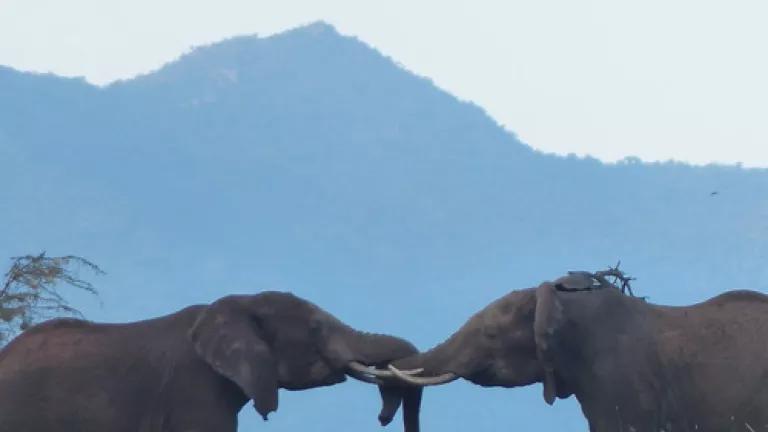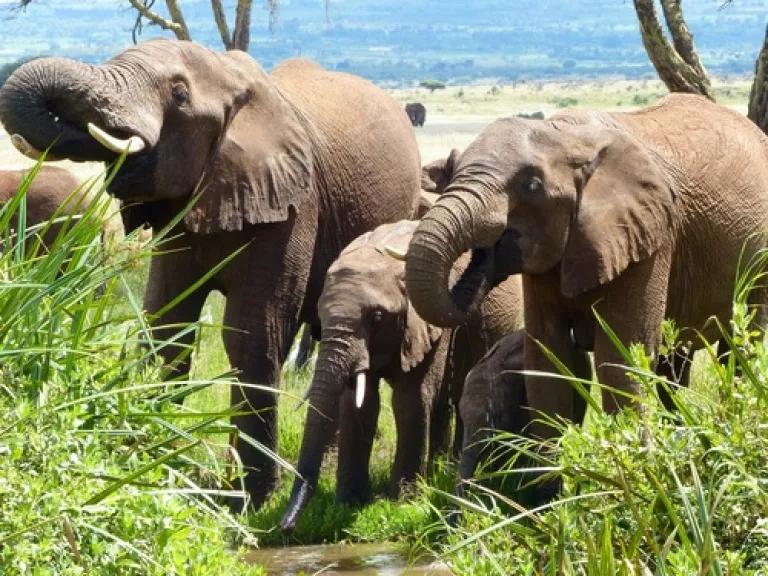
Seventy-two percent of elephants have been lost. An unprecedented amount of poaching is occurring in Africa. And preliminary indicators suggest that 2013 may have seen the highest levels of illicit ivory trade ever. Yet, despite the fact that elephants are being killed at such an alarming rate that they could be gone entirely within a decade, demand for ivory is booming.
While the general public seems to be aware of the huge role Chinese demand for elephant ivory plays in elephant poaching and the illegal ivory trade, many don’t realize that the U.S. is the world’s second largest retail market for ivory and that New York is one of its epicenters.
That’s why I couldn’t be prouder of the New York Assembly’s effort to examine the effectiveness of its ivory laws today at a hearing held by the Environmental Conservation Committee. Hopefully, this is just the first step in a series of actions that will result in restrictions on New York’s ivory trade.
New York law prohibits the sale of elephant ivory unless the seller has been given a license by the Department of Environmental Conservation and the ivory is “pre-Act,” meaning that the seller possessed it prior to the species’ Endangered Species Act listing: 1976 for the Asian elephant and 1978 for the African elephant.
As NRDC told the Committee during today’s hearing, while New York law might appear stringent on its face, by allowing a legal ivory market it actually facilitates a large parallel illegal market focused mainly on small ivory figurines sold at gift and antique shops.
This has happened for three reasons. First, it’s extremely difficult to date ivory accurately, so sellers can simply falsify the date on which they obtained the ivory in their license applications to disguise ivory from recently killed elephants. Second, the law continues to allow other kinds of ivory, such as mammoth tusks, antique walrus. and whale teeth, to be sold. That means illegal sellers can also claim that elephant ivory comes from these other species instead. Finally, there are a number of sellers that simply operate without a license.
In short, New York clearly needs to revise its laws. The easiest way to crack down on the illegal sale of elephant ivory is to simply end the legal market, through either a ban or a moratorium. New York should also strengthen its implementation by providing increased funds for wildlife enforcement and increasing penalties for those who violate New York’s ivory laws, among other actions.
With 30,000 elephants being poached every year, there is no time left to waste. States, and the federal government need to act now to put a stop to this, and we’re counting on New York to lead the charge.


